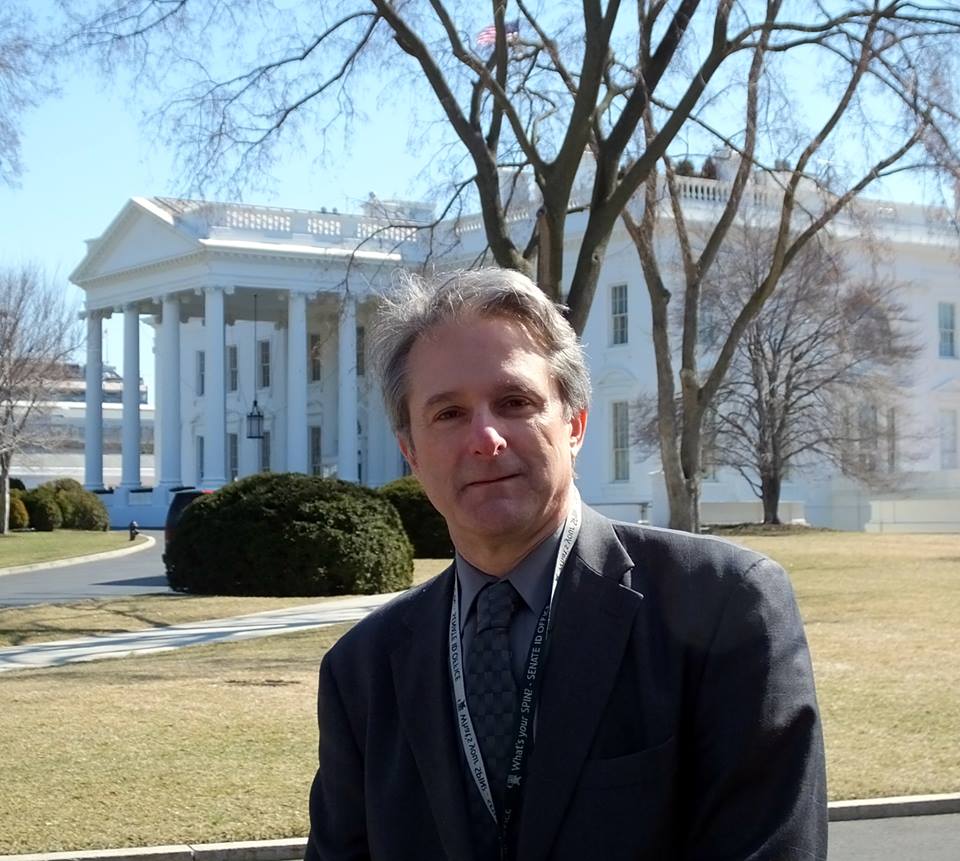
View of the Capitol Building from the roof of the Voice of America on 330 Independence Ave., S.W.
(Source: BBG Watch via Andrea Borgnino)
BBG Watch has learned that a proposed privatization of the U.S. taxpayer-funded Voice of America (VOA) is widely opposed by Broadcasting Board of Governors (BBG) federal employees, their union, the independent Committee for U.S. International Broadcasting (CUSIB – cusib.org), and numerous foreign policy and public diplomacy professionals, as well as some former VOA journalists. At the same time, critics of privatization of America’s “Voice” strongly support structural reforms of its ailing federal agency, the Broadcasting Board of Governors, which they blame for VOA’s troubles.
“A decision to reform the Broadcasting Board of Governors merits its own separate bill where both houses of Congress can debate and carefully consider the best course of action,” AFGE Local 1812 union told its Broadcasting Board of Governors members. “It should not be addressed in a stealth last minute amendment to the National Defense Authorization Act,” the union said. The union urged BBG employees to contact their senators and express their opposition to the amendment submitted by Congressman Mac Thornberry and “the offensive language is contained in section 310 (b) of the amendment.” The Senate version of the bill does not have this language, the union reported. Also see an earlier AFGE Local 1812 article, HERE WE GO AGAIN: Another Agency Attempt to De-federalize TV and Radio Marti.[…]
Continue reading on the BBG Watch website.




 Some of you may have noticed that the Voice of America has been having problems with their online and internal digital content the past few days.
Some of you may have noticed that the Voice of America has been having problems with their online and internal digital content the past few days.